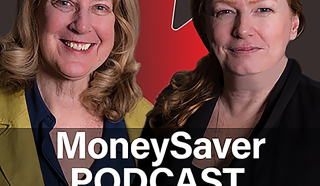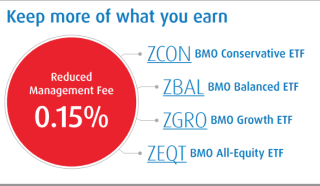Posts by Canadian MoneySaver

Are you aware that in Canada, your deposits may be protected if your financial institution were to fail? Do you know the coverage limits, how much is protected, and how? Let’s dive into the corporation that was established by the government of Canada to keep your deposits safe and secure, CDIC.

Ellen and Laura sit down to talk about Laura's new book 'Let's Talk About Aging Parents'.
Laura takes a fresh approach to conversations that can be difficult, but don't have to be.
Listen to it on iTunes.
Laura and Ellen discuss topics related to aging family members and all of the different areas to cover in having those important discussions.
Laura Tamblyn Watts is the CEO of CanAge and embodies a commitment to the betterment of elder care and seniors’ rights. Her multifaceted career spans law, academia, and policy development, reflecting a dedication to impactful advocacy and education.
With a legal background as a member of the BC Bar since 1999, Laura has leveraged her expertise to advance the interests of seniors, serving as National Director of the Canadian Centre for Elder Law and as Chief Public Policy Officer at CARP. Her academic role as an Assistant Professor (status) at the University of Toronto’s Factor Inwentash Faculty of Social Work underscores her commitment to shaping future professionals in the field.
We hope you enjoy!

In the interview, we cover what lessons for Canadians that Kornel has learned after doing close to two hundred interviews with financial experts, over the past 10 years.
- Listen to it on iTunes.
Kornel and his spouse have also been either fully or semi-retired for the past 8 years, and so we discuss any advice for those who are also planning to retire in their 30s, or just retire early in general. We also examine what kind of financial changes or challenges that surprised them and that listeners should know about to help them with their own journey towards financial independence and early retirement.
If you’d like to hear more interviews done by Kornel, you can check them out on the Build Wealth Canada Podcast which you can find in your favourite podcast player.
We hope you enjoy!





